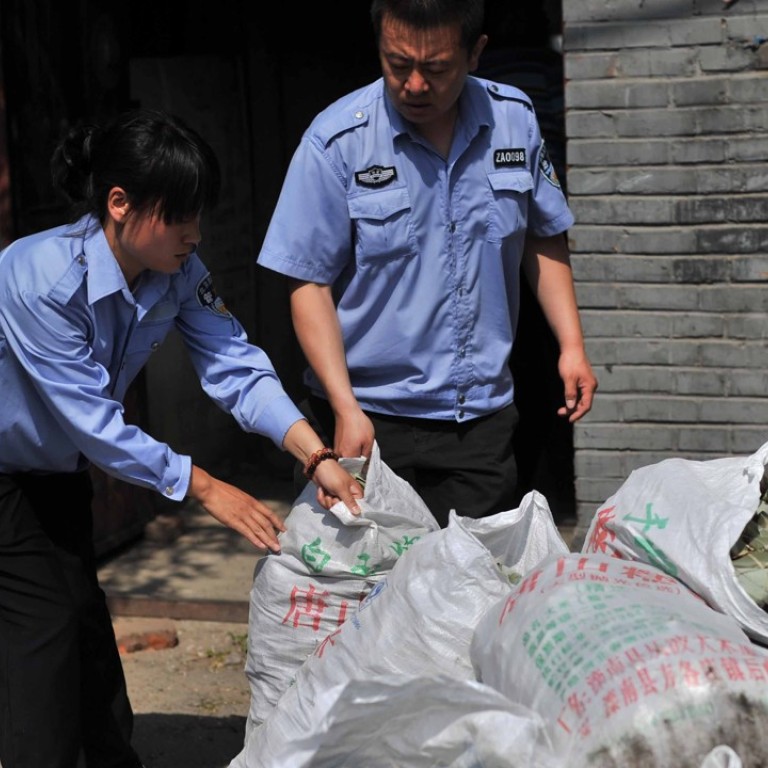
Food safety in China is a global issue requiring stringent action
Over the past few years, more and more food safety problems have arisen and caused illnesses in China. However, the people do not seem to be very concerned about this, when in fact it may pose a threat to life.
Take “gutter oil”, which looks no different from normal oil and is attractive because it is sold at a lower price. This recycled waste oil originates in restaurant grease traps or sewers, or is extracted by cooking discarded animal parts in slaughterhouses, their fat, skin or internal organs, can have a toxic effect on health. Long-term consumption may lead to diseases such as liver and stomach cancer. China exports its goods and products around the world, including Hong Kong. Therefore, food safety in China is a global issue on which greater public awareness is required.
Unscrupulous businessmen will always prioritise money over morals, choosing to produce goods at lower cost to maximise profits. Often, government officials are complicit in the racket. The problem of bribery and corruption in China is very serious. Despite the anti-corruption campaign of the past few years, the problem has yet to be eradicated. Besides, China is still a developing country, so the applicable laws and regulations, and product checks, may not be rigorous enough.
It is high time that the central government took strict action. The penalties should be increased to act as a deterrent, and there should be more transparency in reporting food safety scandals.
Also, schools should teach the younger generation about the importance of moral values in society. Consumers who are not aware of food safety and quality concerns should be trained in this respect. They should be advised to buy food from markets with a better reputation, so as to ensure they eat quality food.
Changing the view of the public that bargains are best when buying food is also vital, for it is the quality, not the price, that counts in the end. I hope these measures can ensure better food safety in China.
Stephanie Ip Ching, Sha Tin

